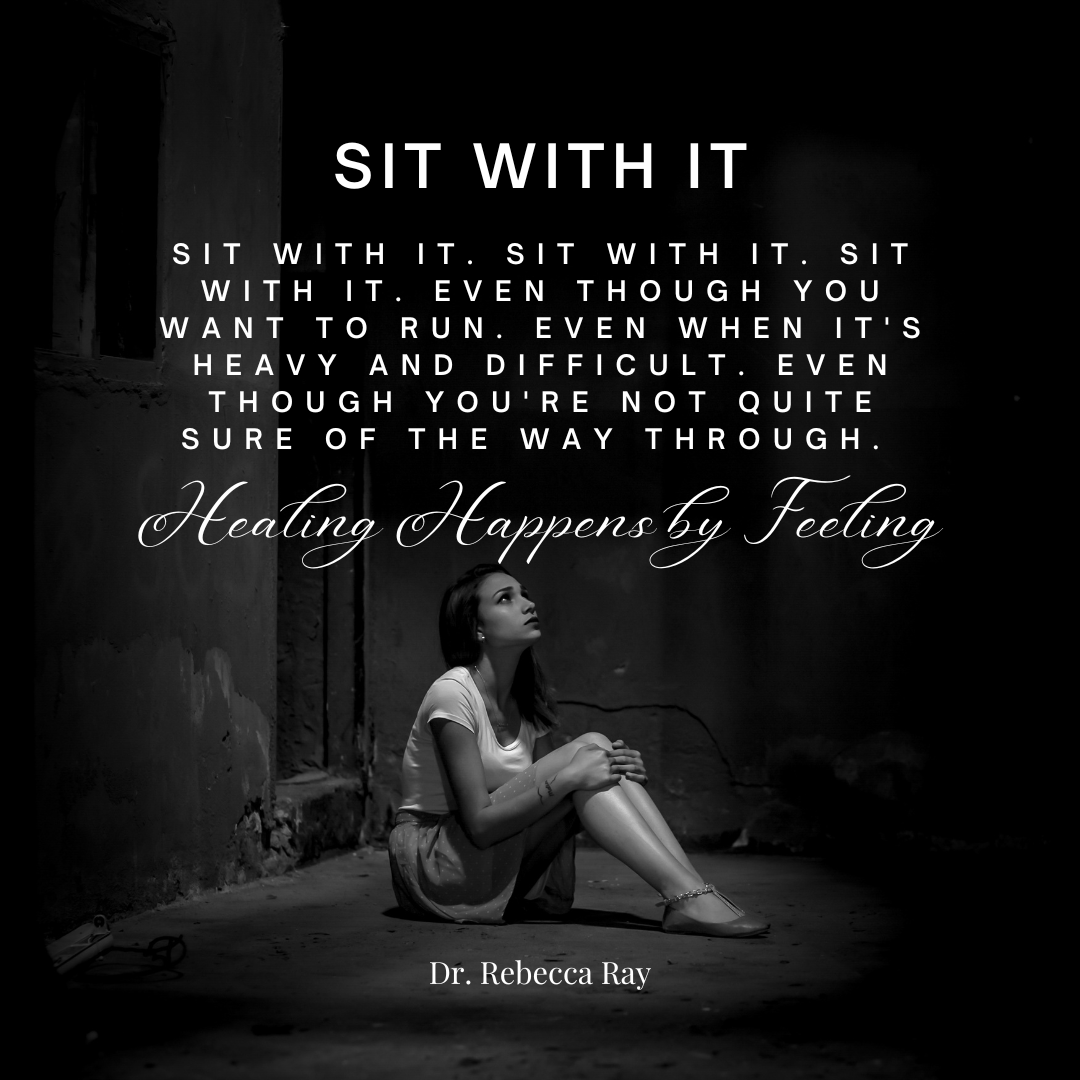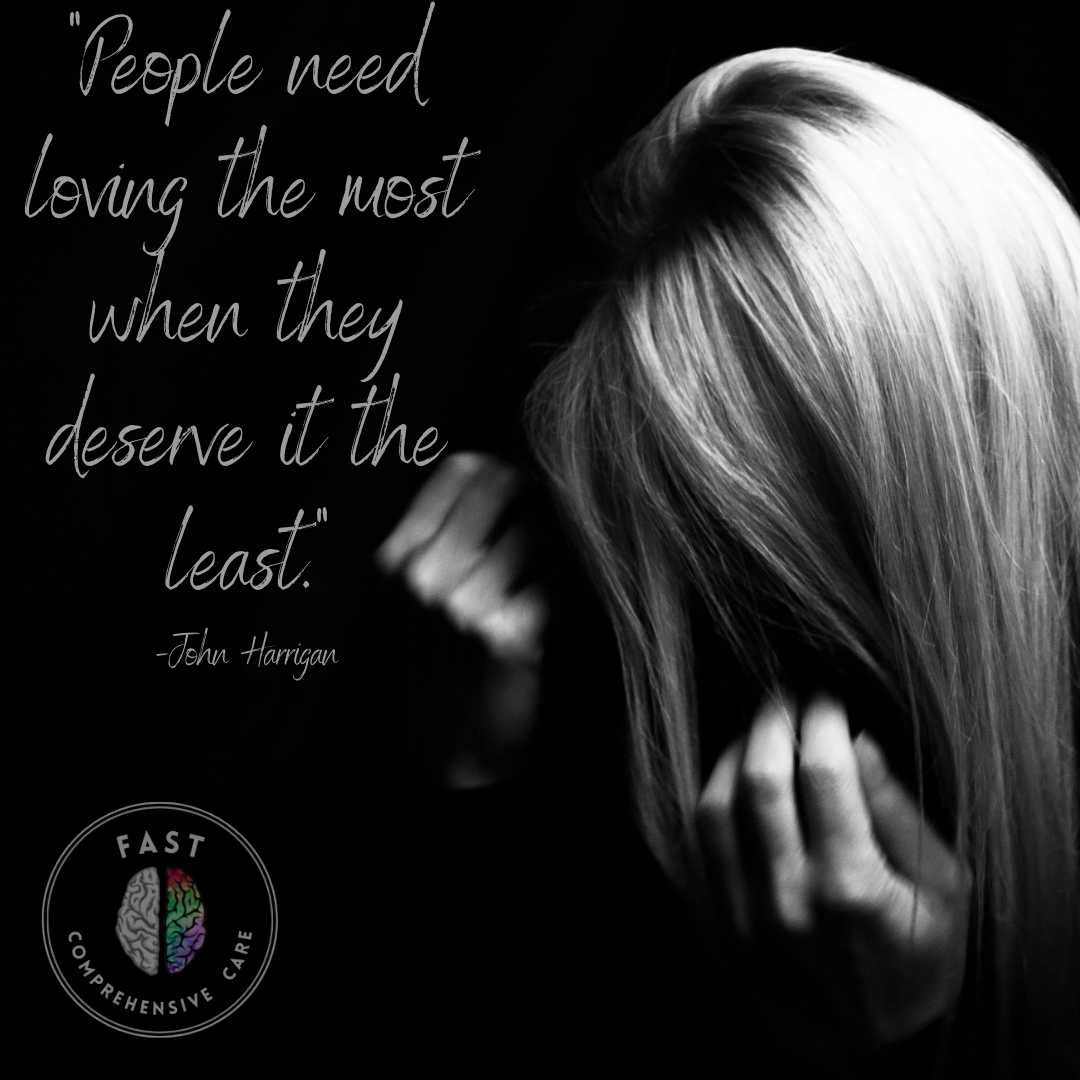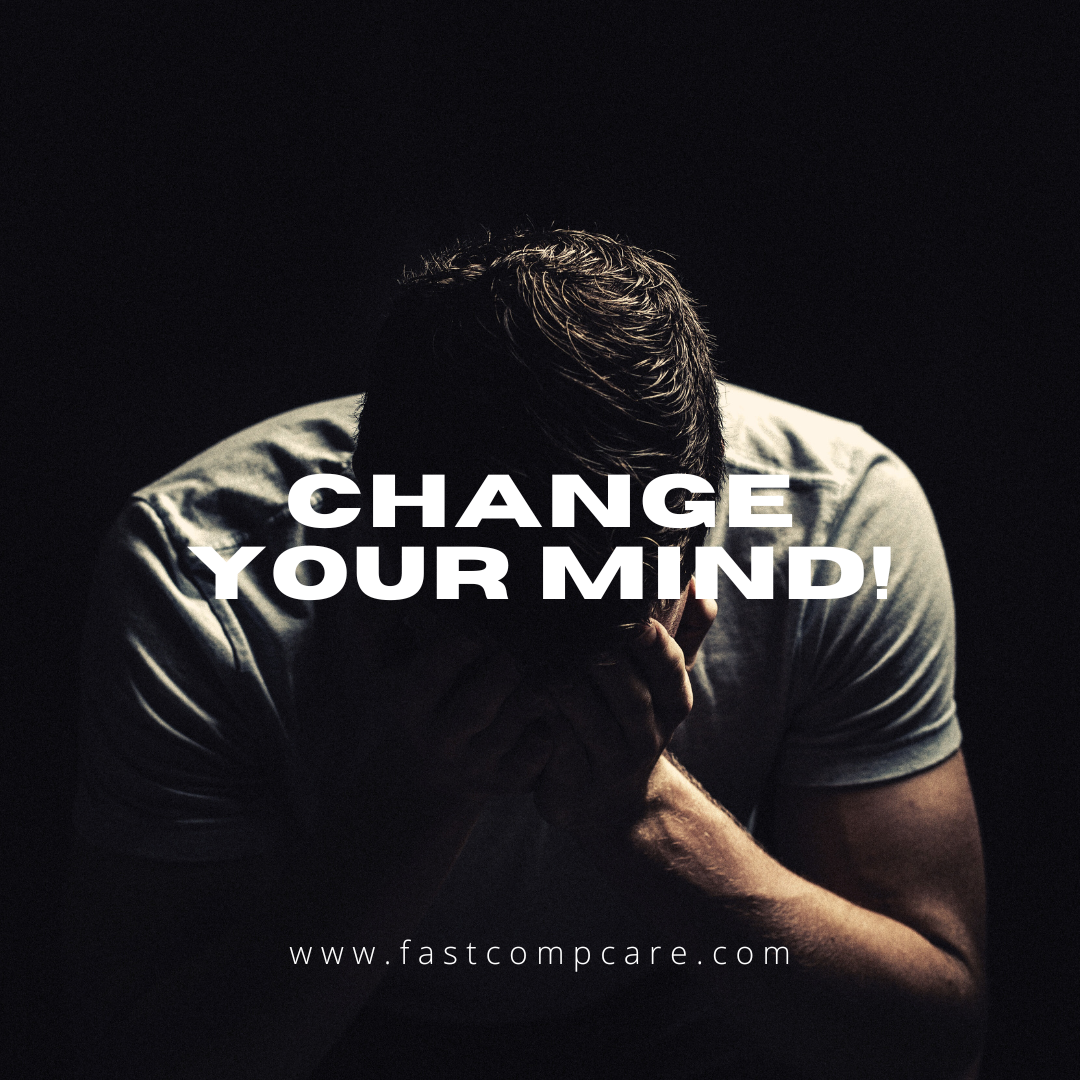815 S. Ash Street, Nevada, MO 64772
306 S. Independence Street, Harrisonville, MO 64701
NEVADA: (417) 667-8352
Harrisonville: (816) 380-4010
815 S. Ash Street, Nevada, MO 64772
306 S. Independence St., Harrisonville, MO 64701
NEVADA: (417) 667-8352
Harrisonville: (816) 380-4010
Comprehensive Support for Substance Use in Nevada, MO, and Harrisonville, MO
Fast Comprehensive Care is committed to helping individuals struggling with substance use disorders find a path to recovery. We offer a range of evidence-based programs in Harrisonville, MO, and Nevada, MO, designed to provide the support and treatment needed for overcoming substance use challenges. Call our Nevada, MO, office at
(417) 667-8352 or our Harrisonville, MO, office at
(816) 380-4010 to learn more about our programs.
Comprehensive Substance Treatment and Rehabilitation Services (CSTAR)
We offer the Comprehensive Substance Treatment and Rehabilitation Services (CSTAR) at FCC, which provides individualized care to meet the needs of each client. CSTAR provides a complete continuum-of-care approach to substance use disorder treatment and a flexible combination of clinical and supportive services. Our team addresses substance use and co-occurring disorders as needed. Each client is assessed individually and assigned to the level of support right for them. They are provided with a team of professionals to assist them in their recovery, including a substance use counselor, mental health counselor, community support specialist, and peer support specialist. Groups are offered each weekday from 8:30 AM to 4:00 PM.
CSTAR Overview
- Individualized care to meet each client's needs
- Addresses substance use and co-occurring disorders as required
- Assigned to the appropriate level of support
- Team of professionals: substance use counselor, mental health counselor, community support specialist, and peer support specialist
- Groups offered on weekdays from 8:30 AM to 4:00 PM
- Continuum-of-care approach for substance use disorder treatment
- Flexible combination of clinical and supportive services
Substance Awareness Traffic Offender Program (SATOP)
The Substance Awareness Traffic Offender Program (SATOP) serves individuals required to complete the program as a result of an administrative suspension or revocation of a driver's license due to a Driving While Intoxicated (DWI) or Driving Under the Influence (DUI) offense, court order, condition of probation, or plea bargain. SATOP is also required of individuals charged with minor in possession and zero tolerance offenses. At FCC, we offer Driver Risk Inventory Screens (DRI screens) needed for placement in one of the four levels of SATOP classes. We also provide all four levels of care, including OEP, WIP, CIP, and SROP.
SATOP Overview
- For individuals with DWI or DUI offenses, court orders, or probation conditions
- Required for minor in possession and zero tolerance offenses
- FCC offers Driver Risk Inventory Screens (DRI screens) for SATOP placement
- Provides all four levels of care: OEP, WIP, CIP, and SROP (may require explanation)
Medication-Assisted Treatment (MAT) Program
Medication-Assisted Treatment (MAT) is an evidence-based approach for managing and treating substance use disorders, particularly opioid and alcohol use disorders. It combines the use of FDA-approved medications with counseling and behavioral therapies to support individuals in their journey toward recovery. MAT helps address the complex nature of addiction and improves patients' overall quality of life.
MAT Overview
FDA-Approved Medications
MAT utilizes specific medications approved by the U.S. Food and Drug Administration (FDA) to treat opioid and alcohol use disorders. These medications have been extensively studied and proven effective in aiding recovery.
Individualized Treatment
MAT is personalized to meet the unique needs of each patient. The choice of medication and treatment plan depends on factors such as substance use disorder severity, medical history, and personal preferences.
Behavioral Therapies
MAT is most effective when combined with counseling and behavioral therapies. These therapies help patients address underlying issues contributing to substance use, develop coping skills, and make positive behavioral changes.
Reduced Cravings and Withdrawal
MAT medications help stabilize brain chemistry, reducing cravings and withdrawal symptoms associated with substance use. The medication allows patients to focus on their recovery and actively engage in therapy.
Long-Term Support
For many individuals, addiction is a chronic condition. MAT can be used as a long-term strategy to manage substance use disorders and maintain recovery.
Reduced Stigma
MAT helps reduce the stigma associated with addiction treatment. It recognizes addiction as a medical condition and offers evidence-based treatment options.
Types of MAT Medications
Buprenorphine
Buprenorphine is a partial opioid agonist used for treating opioid use disorder. It produces milder effects than full opioids, reducing cravings and withdrawal symptoms.
Naltrexone
Naltrexone is used for both opioid and alcohol use disorders. Naltrexone is an opioid antagonist that blocks the rewarding effects of opioids or alcohol.
Suboxone (Buprenorphine/Naloxone)
Suboxone is a combination medication of buprenorphine and naloxone. Buprenorphine treats opioid use disorder, while naloxone helps deter misuse.
Subutex (Buprenorphine)
Subutex is similar to Suboxone but contains only buprenorphine and is used for opioid use disorder treatment.
Disulfiram
Disulfiram is used for alcohol use disorder. Disulfiram interferes with alcohol metabolism, leading to unpleasant reactions if alcohol is consumed.
Acamprosate
Acamprosate is used for alcohol use disorder. Acamprosate helps reduce alcohol cravings and supports abstinence.
Getting Started with MAT
If you or someone you know is struggling with opioid or alcohol use disorders, MAT can be a valuable tool for recovery. Contact qualified healthcare professionals or addiction specialists to discuss MAT options, receive a comprehensive assessment, and create a personalized treatment plan that fits your needs.
Spravato
Spravato targets the brain's glutamate system, which plays a crucial role in mood regulation and depression. By modulating NMDA receptors, Spravato helps restore the balance of neurotransmitters, improving depressive symptoms.
Spravato is specifically indicated for adults with treatment-resistant depression, meaning they have not adequately responded to other antidepressant treatments. It is not a first-line treatment for depression but may be considered for individuals who have not experienced relief with other therapies.
Spravato is the brand name for Esketamine, a medication approved by the FDA for treatment-resistant depression. It is administered as a nasal spray and belongs to a class of drugs known as NMDA receptor modulators.
Substance Use Disorder Program Topics & Information

ANGER MANAGEMENT
The information presented in this group is designed to deliver group cognitive behavioral anger management treatment to clients with SUD.
Sample Topics:
- Events and Cues
- Anger Control Plans
- The Aggression Cycle
- Cognitive Restructuring
- Anger and the Family
BOUNDARIES AND BARRIERS
With the information presented in this group, the client learns effective mastery in building self-esteem, rational thinking, forgiveness and enlarging possibilities.
Sample Topics:
- Self-Esteem and How It Develops
- The Basics of Human Worth
- Recognize and Replace Self-Defeating Thoughts
- Liking the Face in the Mirror
- Understanding Stress
CORE VALUES OF RECOVERY
The focus for this group is to explore the values of being in Fast Comprehensive Care’s Substance Use Disorder Program. It is designed to show the client that we are not solely the sum of our behaviors but that we can be caught in a cycle of inescapable choices. By recognizing the harm that we do to others and by realizing that we have assets, we are able to solidify our ability to change.
Sample Topics:
- People Affected by Our Behavior
- Comparison of Faults and Assets
- Understanding Total Life Recovery
- My Personal Goals in Treatment
RECOVERY SKILLS
A Recovery Skills Group in Substance Use Disorder (SUD) treatment is a therapeutic setting where individuals learn and practice a range of skills aimed at supporting their recovery from substance abuse. The focus is on developing practical tools and strategies that enhance coping, foster resilience, and promote a healthy and sustainable lifestyle.
Sample Topics:
- Stop the Cycle
- Identifying External Triggers
- Identifying Internal Triggers
- Introducing Self-Help Activities
- Body Chemistry in Recovery
- Common Challenges in Recovery
- Thinking, Feeling and Doing
- Wisdom in Recovery
FAMILY VALUES
This group is designed to educate the client on how substance abuse can lead to or add to an already dysfunctional family. We investigate new family values and explore ways of implementing new values within the family structure. Life skills are an essential part of our curriculum for our SUD Program at Fast Comprehensive Care.
Sample Topics:
- Healthy Family Development
- Identifying the Family Roles
- Addiction Spiral and the Family Disease
PERSONAL GROWTH
Personal Growth Group in our Substance Use Disorder (SUD) treatment program is a therapeutic setting where individuals focus on self-exploration, self-improvement, and holistic development. This type of group aims to foster personal growth beyond the immediate challenges of substance use, addressing broader aspects of one's life, identity, and well-being.
Sample Topics:
- Understanding the Thought Process
- Positive Reinforcement
- Problem Solving
- Whole Person Wheel of Self Actualization
- Thoughts, Emotions & Behavior
- Personal Recovery Journal
PHYSIOLOGY & EFFECTS
This is an educational group providing the facts about substance abuse and their effects on the human body. The client is educated in the long-term and short-term effects of abuse and the effect on the central nervous system. They will also be advised of the health risks of continued abuse on the human body.
Sample Topics:
- The Effect of Opiates on the Human Body
- Alcohol and the Brain
- Methamphetamine – Long-Term Effects
- Hooked – Illegal Drugs and How They Got That Way
- Mind Games
- HIV/STD Education
RE-ENTRY
The peer support group initialized in these settings is used to explore and overcome the long term bio/psycho/social problems that are indicative of long-term incarceration. Many alcohol and drug abuse programs do not provide the support these individuals need to return to the community.
Sample Topics:
- Social Integration
- Changing Direction
- Problem Solving Peer Groups
- Re-Adjusting Social Skills


RECOVERY POTENTIAL DISCUSSION
This is a peer-based open discussion group where our potential for recovery is reviewed. The client interaction is encouraged to provide different perspectives and perceptions of current client growth. This honest and direct approach helps our substance abuse treatment programs motivate and inspire people who are on the fence about recovery.
Sample Topics:
- Targeting Obstacles
- Overcoming Fear
- Self-Awareness
- Motivation/Intent
RECOVERY TECHNIQUES
The purpose of this group is to give the client alternatives to substance abuse/dependency. Different methods of recovery are explored and explained, offering both the pros and cons of the alternative forms of recovery, allowing the addiction treatment program to be tailored to the individual.
Sample Topics:
- Exploring the 12 Steps
- Moderation Management
- Harm Reduction
- Building a Sober Network
- Challenging Social Skills
RELAPSE PREVENTION
Relapse Prevention enables the client to recognize personal stressors and triggers that lead to relapse and identify behaviors that are harmful to continued sobriety. Through education, an individualized relapse prevention plan can be actualized for each client in our drug or alcohol addiction program.
Sample Topics:
- Relapse Warning Signs
- Triggers and Cravings
- Cycle of Relapse
- Set-Up Behavior
- Relapse Justification
- Substance refusal training
- Relapse prevention techniques
EMOTIONAL REGULATION
Emotional regulation is a crucial aspect of recovery in Substance Use Disorder (SUD) programs. It involves developing skills to understand, manage, and express emotions in a healthy way, reducing the risk of relapse.
Sample Topics:
- DBT skills
- Cognitive Distortions
- Healthy Coping Skills
- Understanding the Connection Between Emotions and Substance Use
- Identifying Triggers and Emotions
- Mindfulness and Emotional Awareness
- Personalized Emotional Regulation Plan
- Stress Management
- Coping with Change
INTERPERSONAL COMMUNICATION
Interpersonal communication groups in Substance Use Disorder (SUD) treatment programs focus on enhancing individuals' communication skills, promoting healthy relationships, and addressing challenges related to interpersonal interactions.
Sample Topics:
- Active Listening Skills
- Assertiveness Training
- Nonverbal Communication
- Conflict Resolution
- Expressing Emotions Effectively
- Building and Repairing Relationships
- Healthy Communication in Family Dynamics
TRAUMA & RECOVERY
Addressing trauma within the context of a Substance Use Disorder (SUD) program is crucial, as trauma often coexists with addiction and can significantly impact the recovery process. Trauma and recovery groups provide a safe space for individuals to explore the connection between trauma and substance use, gain support, and develop coping strategies.
Sample Topics:
- Understanding Trauma and Building Resilience in Recovery
- Healing the Past: Unpacking Historical Trauma in Addiction Recovery
- Mind-Body Connection: Integrating Trauma-Informed Yoga into Recovery
- Breaking the Silence: Empowering Survivors to Share and Heal
PROCESSING GROUP
Processing groups in substance use disorder treatment are designed to provide individuals with a safe and supportive environment where they can explore their thoughts, feelings, and experiences related to addiction.
Sample Topics:
- Relapse Warning Signs
- Triggers and Cravings
- Cycle of Relapse
- Set-Up Behavior
- Relapse Justification
PEER GROUP EVALUATION
This is a uniquely designed group where the clients in SUD program at FCC are held accountable by those of their own recovery community. Their assets and strengths are evaluated along with the weaknesses and shortcomings which are explored in a peer group setting. Each client is provided with affirmation and constructive criticism from the perspective of their own recovery community.
Sample Topics:
- What Have You Done for Your Recovery?
- Helping Others – Who Is Your Eskimo?
- Behavior – Benefits and Consequences
- Assets Affirmation
- Balance in Action
- Constructive Criticism Exercise
Remember, seeking help is a courageous step towards a healthier and happier life. Recovery is possible with the proper support and resources. Call our Nevada, MO, office at (417) 667-8352 or our Harrisonville, MO, office at (816) 380-4010 today.
CONTACT INFORMATION
Address: 815 S. Ash Street, Nevada, MO 64772 | 306 S. Independence Street, Harrisonville, MO 64701
Nevada: (417) 667-8352
Fax: (417) 667-9216
Harrisonville: (816) 380-4010
Fax: (816) 887-5703
Email: general@fastcompcare.com
